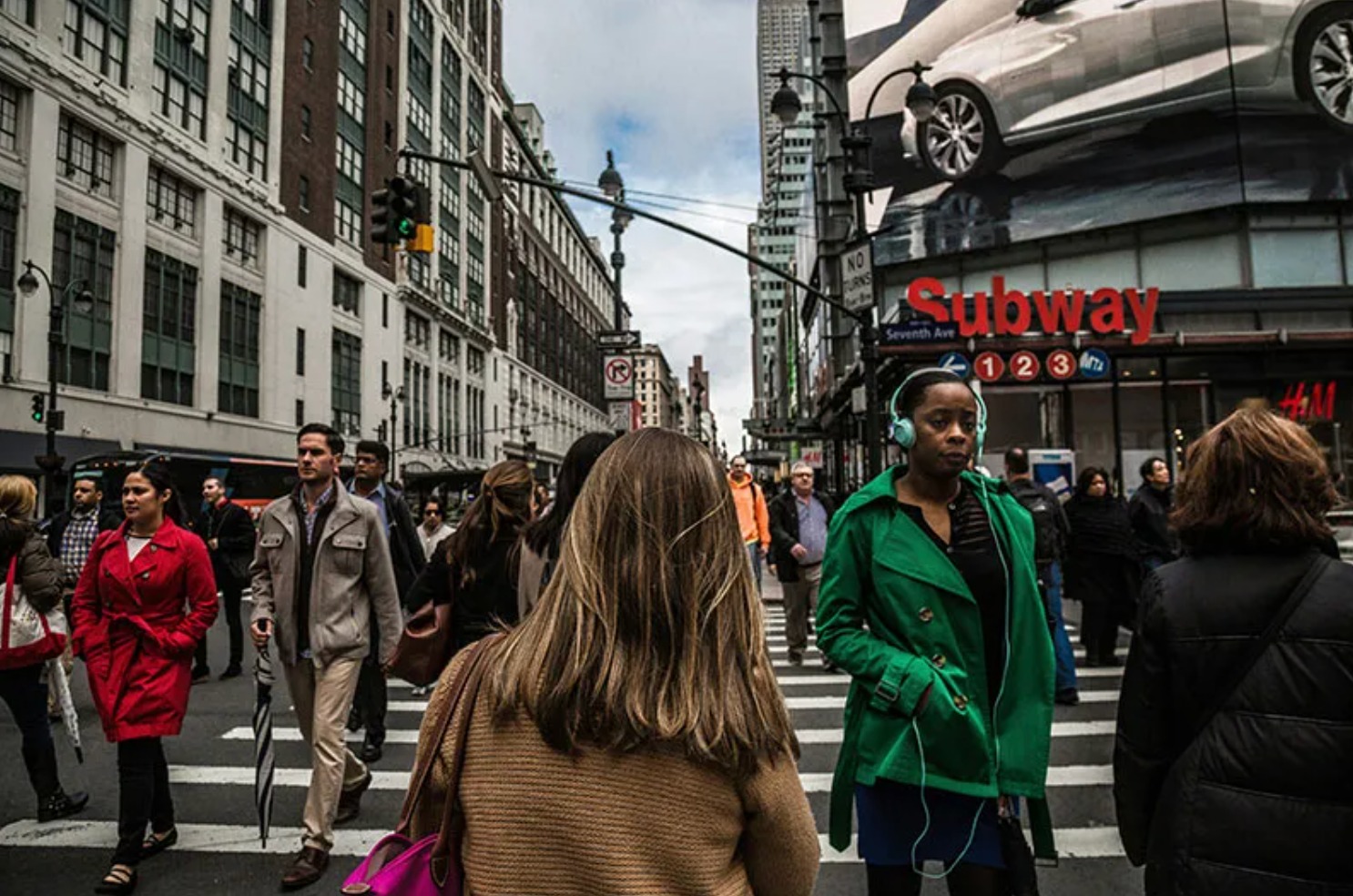Rythmia Life Advancement Center, an all-inclusive, medically licensed plant medicine center located in Guanacaste, Costa Rica, announces a partnership with Blue Zones Project to support its effort to repopulate Costa Rica’s declining scarlet macaw population in the Nicoya Peninsula.
The Blue Zones model farm, located in San José Pinilla, has an adequate hatchery space for the preservation of macaws. The farm is home to roughly 20 pairs of macaws and intends to release 30 per year back into the wild. In 10 years, Blue Zones projects the reintroduction of over 300 macaws back into the wild. Rythmia will work with the Blue Zones Project team to develop additional eco-friendly and sustainable habitats to revitalize local macaw populations.
“Through the partnership, we’ll be able to better protect and set up new homes for the macaws, with two nests located onsite at the resort,” said Gerard Armond Powell, CEO of Rythmia Life Advancement Center. “Rythmia is an ideal habitat, offering a secluded, tropical location with the peace of mind that comes with proper security. We are thrilled to work with Blue Zones to create a space dedicated specifically for these birds’ care and facilitate the repopulation of the species.”
Although it is not on the list of endangered species, the scarlet macaw population has seen a significant decrease in the past several decades. The decline of the scarlet macaw in the region is largely attributed to two factors: the capture of birds for sale and deforestation.
“Unfortunately, years in captivity and human dependence mean many scarlet macaws can never be returned to the wild,” said Ismael Carranza Ortiz, Tropical Biologist with the Blue Zones Project. “However, they will be instrumental in our efforts to repopulate the species, as young birds can be released after adapting to the climate and surrounding area. We are planning to accomplish the controlled reproduction utilizing two areas on the resort property set aside specifically for the macaws.”
A new generation of macaws is released once they are old enough to have an independent life and have acclimated to the area. Birds are released in Avellanas Beach and their development is closely monitored via identification chips to ensure the continuity of the species. Macaws are completely monogamous, remain in pairs for life, and can live up to 75 to 80 years.
Blue Zones Project is a community-led well-being improvement initiative designed to make healthy choices easier through systemic changes to a city’s environment, policy, and social networks. In five areas around the world dubbed “blue zones,” researchers found that people live longer and better than anyone else on the planet. Blue Zones Project brings 20 years of research, exploration, and solutions from the world’s most extraordinary cultures to help ordinary people lead longer, healthier, and happier lives.












